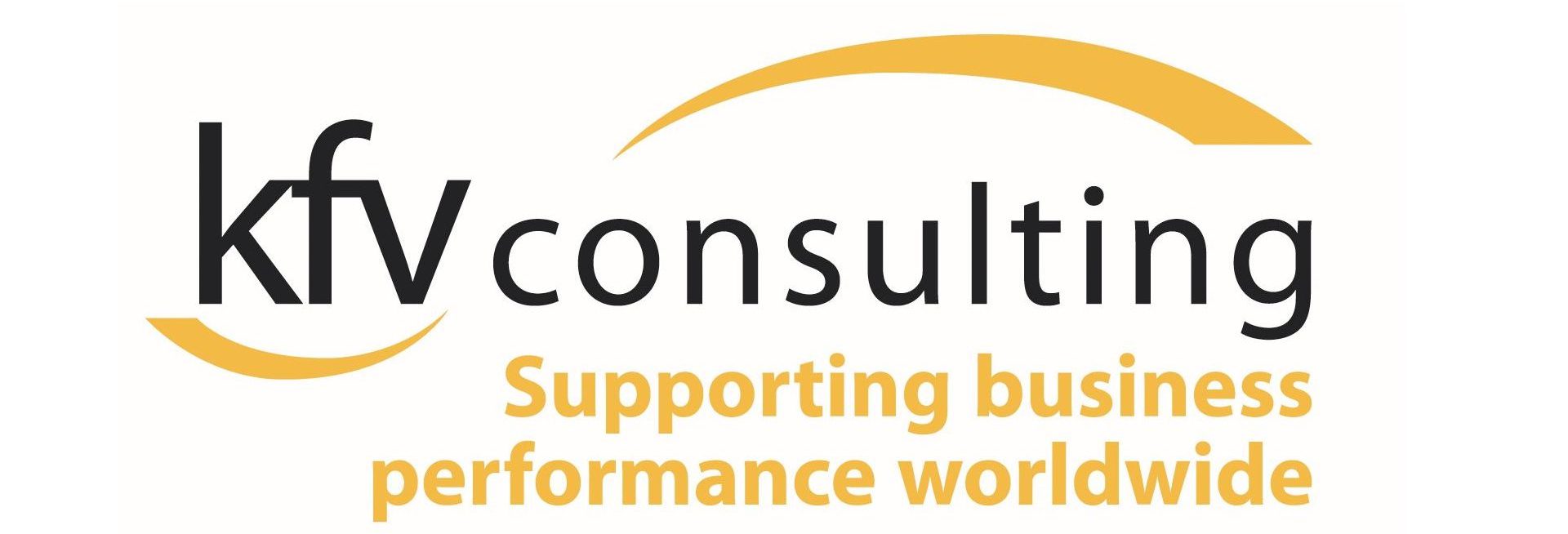Cultural Norms – Where is your organisation when it comes to selecting leaders?
Issues covered:
In the West many organisations seek dynamic, charismatic leaders; in the East, they assume dynamic, autocratic leadership will be most effective. In today’s global village perhaps the quiet leadership of proactive employees will make a difference?
When CEO Declan (alias) needed a €3million Euro infusion for his new company, he went to a group of British investors and made his pitch. He didn’t get his money, the investors later told him because first of all, he was very informal which made them feel uncomfortable and also that his presentation was “all detail with no bells and whistles”. On reflection, he admitted that he didn’t acknowledge the culture he was presenting into or provide the excitement that these investors were used to. Next time, he took along reinforcements to counter-balance his natural style and the results were far more positive.
Declan is an introvert in a western world that accepts extroverts. In the West, characteristic extrovert behaviours such as assertiveness, talking with energy and infectious enthusiasm are associated with charismatic leadership. Meanwhile, introverts are widely ignored. I see this happen quite often when a western “leader” overlooks an eastern peer simply because he or she is not demonstrating similar extrovert traits.
In the USA, culturally the society prefers action to reflection, living with certainty to being comfortable with doubt. How often have you observed fast and frequent talkers getting more attention than people who are more thoughtful or quieter in their approach?
Some years ago, it was argued that when measuring actual performance rather than perception of performance, introverts are more effective at leading the sort of actively engaged employees I keep encouraging your business to value. Another study from Wharton, Pennsylvania shows that introverts are more thoughtful, empathetic and better able to see other points of view. They are good listeners and prefer to use one-to-one persuasion for building commitment to ideas. They are also more likely to be self-critical and more realistic in their self-assessment.
For today’s global village, companies do not just need leaders who develop and deliver their visions in a top-down approach. Real success will come from the ability to be receptive to different cultural norms, aware of all key stakeholders and combine this with being open to bottom-up communication and behaviours.
As the business world speeds up, pressures to produce on demand, be a team player and be seen to make snap decisions will be counterintuitive for our introverts. They may find themselves struggling with some aspects of leading. They can also be unfairly assessed against incorrect “norms”. So they may be perceived as not participating in groups because they are unobtrusive; aloof because they are thoughtful; unable to communicate because they are quiet. Recognising personal style, culture and preferences will be key to managing this disassociation.
Helping to develop coping strategies will enable your introvert leaders to manage better. One of my clients used to favour alternative methods of communication. We could not be in discussion for more than 5 minutes before he started sketching diagrams to emphasise his perspective. I also discovered that he preferred communication in writing as a starting point to any discussion so made a point of emailing him beforehand. So, do make sure that this is being incorporated into any personal development or coaching plan.
In conclusion, I would advise you to encourage raising self-awareness in all your business heads and aspiring leaders. Ensure that they have completed some form of profiling and when you do, incorporate understanding of their cultural bias. Some of the simplest behaviours may cause unneeded offence. Ensure that your leaders place the greatest emphasis on how they interact with others. West is different to East, subsets of country and locational behaviours can be dissimilar but businesses have to continue successfully despite every difference.
This article is correct at 07/09/2016

